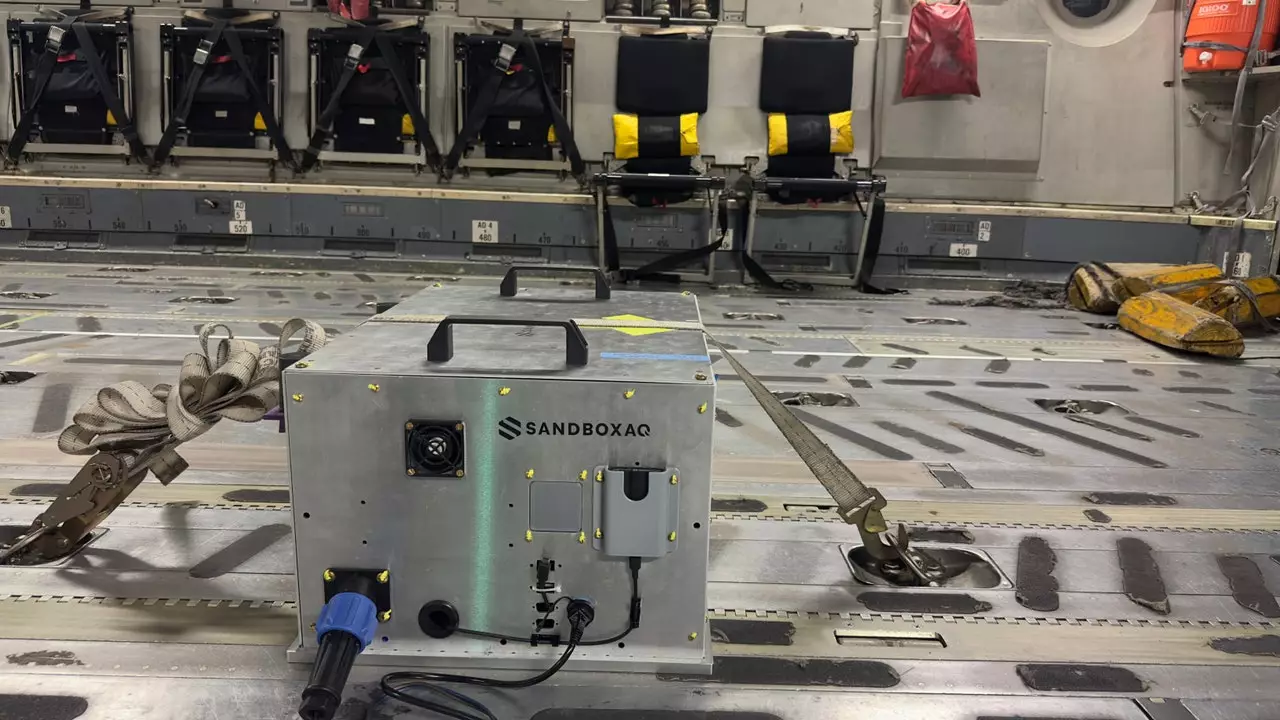The Global Navigation Satellite System (GNSS) is a technological marvel that forms the backbone of modern navigation and timing services. It is essential for a myriad of applications, ranging from global positioning systems (GPS) utilized by everyday smartphone users to sophisticated navigation systems in aviation and maritime operations. However, the reliability of these satellite systems is increasingly compromised by deliberate interference and spoofing tactics. Reports highlight instances of GPS signal jamming in conflict zones such as Ukraine and the South China Sea, challenging the credibility and safety of reliance on GNSS.
As the vulnerabilities of GNSS become more apparent, the need for alternative navigation systems becomes critical. A promising approach has emerged from SandboxAQ, a startup that proposes an innovative enhancement to traditional GNSS. Their AQNav technology utilizes magnetic navigation methods, known as MagNav, by harnessing Earth’s magnetic fields to provide a robust navigation solution. This method does not seek to replace GNSS entirely; rather, it aims to augment existing systems and serve as a contingency plan during instances of GPS failure.
At the core of SandboxAQ’s approach are quantum magnetometers—cutting-edge devices that meticulously detect variations in magnetic fields by analyzing subatomic particles. This technology allows for precise readings of the Earth’s magnetic characteristics. SandboxAQ asserts that it can identify the unique magnetic “fingerprint” generated by geological formations beneath the Earth’s surface, delivering accuracy that comes from understanding the interplay between navigation and the natural environment.
Artificial intelligence plays a crucial role in this process. By leveraging AI, SandboxAQ can compare real-time magnetic readings against comprehensive pre-mapped data, significantly improving positional accuracy. Furthermore, AI algorithms are designed to neutralize any external interference that arises from the aircraft itself, including disturbances from electrical systems or abrupt maneuvers, ensuring the reliability of the navigation data.
The AQNav system has undergone rigorous testing in various aircraft, including both civilian and military models. Significant partnerships with the US Air Force, Boeing, and Airbus have facilitated real-world assessments, showcasing AQNav’s potential in both commercial and defense sectors. According to Luca Ferrara, SandboxAQ’s navigation general manager, numerous iterations of hardware and software have proven successful in time-critical scenarios, including military exercises, demonstrating the viability of this technology in demanding conditions.
The journey of SandboxAQ began under Alphabet’s Google umbrella, where teams explored applications for their advanced AI and quantum technologies. Growing from these explorations, the need for resilient navigation solutions became increasingly salient in an era rife with military conflicts and technological uncertainties.
As reliance on GNSS continues to grow, the development of alternative navigation systems like AQNav is timely and essential. The challenges posed by GPS vulnerabilities necessitate innovative solutions. SandboxAQ’s integration of AI with quantum magnetometry not only offers a pathway to more secure navigation but also heightens our understanding of the underlying geophysical phenomena that can support safe and accurate travel. This dual approach heralds a new era of resilience in navigation, ensuring that we can confidently navigate the ever-complicated skies and seas of our world.


Leave a Reply
You must be logged in to post a comment.